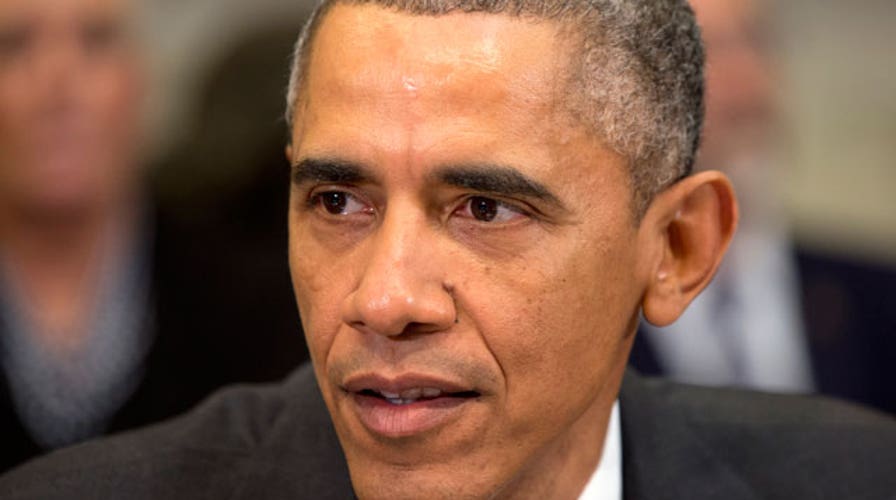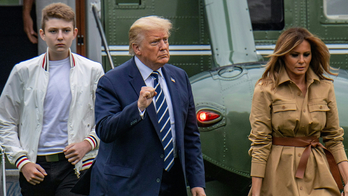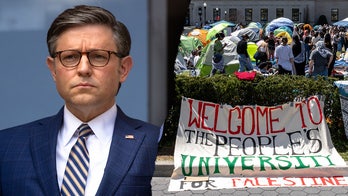A federal judge has found parts of President Obama's immigration executive actions unconstitutional, in an opinion delivered as part of a separate immigration case not directly tied to the policy changes.
The opinion filed Tuesday by U.S. District Court Judge Arthur Schwab, in Pennsylvania, still marks the first court opinion to tackle Obama's immigration announcement. He said Obama's immigration actions are invalid and effectively count as "legislation" from the Executive Branch.
"President Obama's unilateral legislative action violates the separation of powers provided for in the United States Constitution as well as the Take Care Clause, and therefore, is unconstitutional," the judge wrote.
The opinion, though, is unique in that it did not come in response to a challenge to Obama's immigration policy announcement. It is unclear what impact, if any, the opinion might have other than to rally critics and fuel momentum behind other lawsuits.
Rather, Schwab issued his opinion in response to a criminal case against Honduran illegal immigrant Elionardo Juarez-Escobar, who was previously deported in 2005 -- and was caught in the U.S. again earlier this year.
He already has pleaded guilty to "re-entry of a removed alien," but the court subsequently examined the impact of Obama's immigration actions on the case.
For that review, Schwab left open whether the actions might apply to Juarez-Escobar but determined the executive actions themselves were unconstitutional.
He wrote that the action goes beyond so-called "prosecutorial discretion" -- which is the "discretion" the administration cites in determining whether to pursue deportation against illegal immigrants.
Obama's policy changes would give a reprieve to up to 5 million illegal immigrants, including those whose children are citizens or legal permanent residents and who meet other criteria.
Schwab, a George W. Bush appointee, wrote that this "systematic and rigid process" applies to a "broad range" of enforcement decisions, as opposed to dealing with matters on a "case-by-case basis."
Further, he wrote that the action goes beyond deferring deportation by letting beneficiaries apply for work authorization and allowing some to become "quasi-United States citizens."
He also cited Obama's argument that he was proceeding with executive action after Congress failed to act on comprehensive immigration legislation, and countered: "Congressional inaction does not endow legislative power with the Executive."
The Justice Department downplayed the significance of the opinion.
"The decision is unfounded and the court had no basis to issue such an order," a DOJ spokesperson said in a statement. "No party in the case challenged the constitutionality of the immigration-related executive actions and the department's filing made it clear that the executive actions did not apply to the criminal matter before the court. Moreover, the court's analysis of the legality of the executive actions is flatly wrong. We will respond to the court's decision at the appropriate time."
Critics of the administration's policy, though, hailed the opinion.
"The President's unilateral executive action suspending the nation's immigration laws for roughly five million illegal aliens has received its first judicial test, and it has failed," John Eastman, law professor at Chapman University, said in a statement.
Other direct legal challenges to Obama's immigration actions, including one by two-dozen states, remain pending before the federal courts.
The latest opinion was first reported by the Volokh Conspiracy blog.





